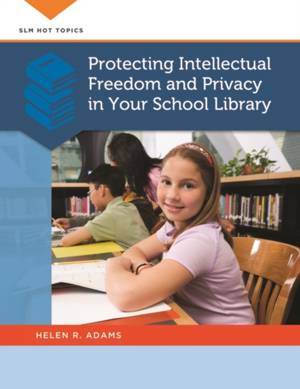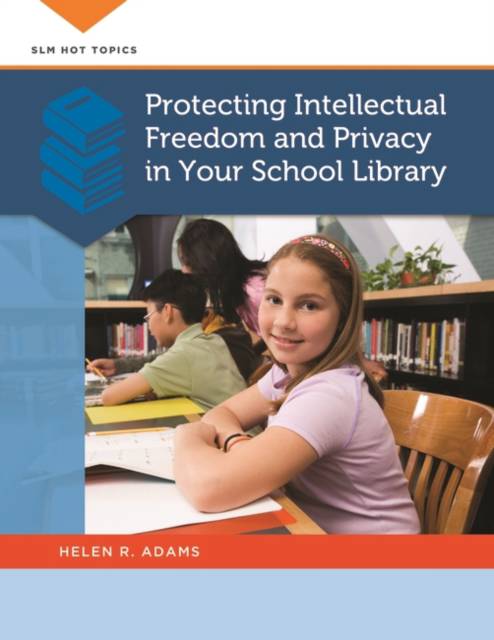
- Retrait gratuit dans votre magasin Club
- 7.000.000 titres dans notre catalogue
- Payer en toute sécurité
- Toujours un magasin près de chez vous
- Retrait gratuit dans votre magasin Club
- 7.000.000 titres dans notre catalogue
- Payer en toute sécurité
- Toujours un magasin près de chez vous
Protecting Intellectual Freedom and Privacy in Your School Library
Helen R Adams
Livre broché | Anglais
101,95 €
+ 203 points
Description
Written by a well-known intellectual freedom advocate, this book is a one-stop source for school librarians on intellectual freedom and privacy issues that blends principles with best practices.
In order to sort out fact from fiction and become effective, critically thinking adults in a global society, children need access to diverse points of view from authoritative sources in their school libraries. This book provides school librarians with easy-to-read guidance on specific aspects of intellectual freedom and privacy, explaining how the core values of the library profession translate into everyday practice. The readings supply current information and targeted, practical advice on a broad range of topics, including privacy and confidentiality in the context of a school library; working with homeless students, English language learners, and other special needs students; challenges to school library materials; filtering issues; and advocacy for intellectual freedom. Each of the nine chapters begins with an introductory essay examining the topic and concludes with a "key ideas" summary; a list of annotated resources to lead the reader to more information on the individual column topics; and discussion questions. The volume's appendices include the text of the ALA Library Bill of Rights and the Code of Ethics as well as an annotated list of pro-First Amendment and privacy protecting organizations with contact information.Spécifications
Parties prenantes
- Auteur(s) :
- Editeur:
Contenu
- Nombre de pages :
- 280
- Langue:
- Anglais
Caractéristiques
- EAN:
- 9781610691383
- Date de parution :
- 08-04-13
- Format:
- Livre broché
- Format numérique:
- Trade paperback (VS)
- Dimensions :
- 213 mm x 279 mm
- Poids :
- 771 g







